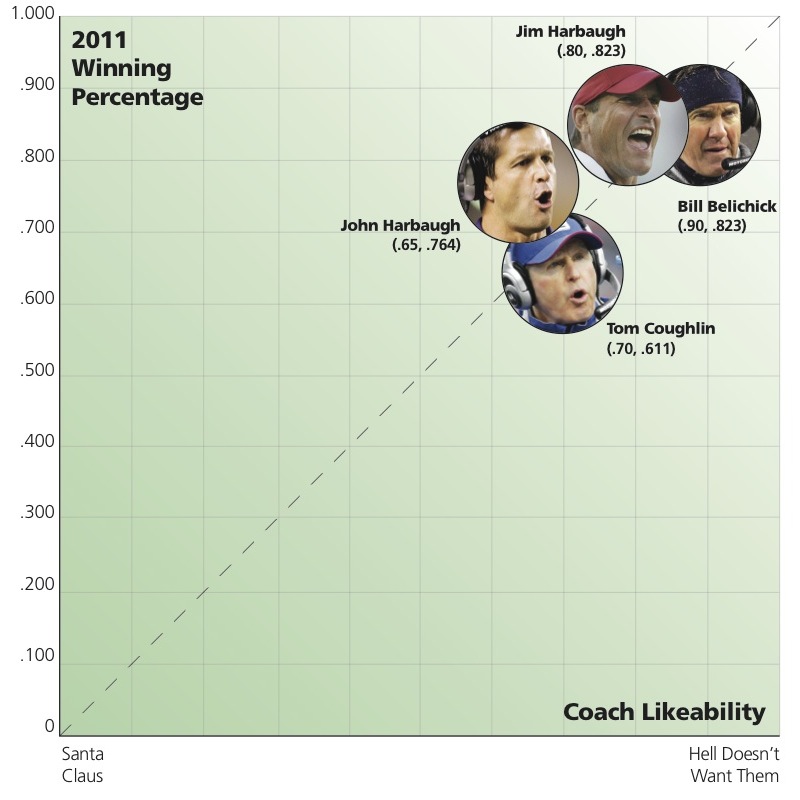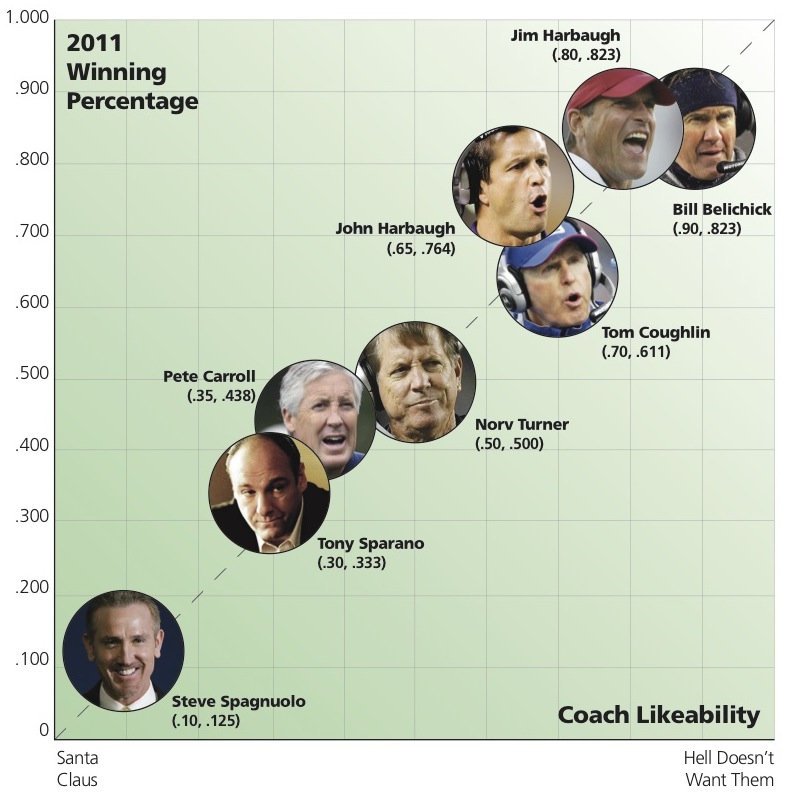By Jeffrey Carl

Bloggers To Be Named Later was Paul Caputo’s fabulous sports-blogging empire of the mid-2010s. My role in the enterprise was to promise to write humor articles and then not do that, or at least not remotely on time. Ultimately, after a flirtation with viral Internets fame, the site basically turned into an excuse for Paul to get free baseball tickets, which is actually about the only good reason to run a blog of any sort. After the BTBNL site wound down, I realized that I hadn’t kept local copies of most of the stories I had written, so I ended up scouring through The Internet Archive to find as many as I could in order to prevent a tragic loss to the world’s cultural canon of blog posts complaining about the Seattle Mariners. You’re welcome.

Statistics are essential to modern sports. Football coaches have situational analysis tables to help them justify “punt it on 4th and inches” calls more frequently.
Baseball has “sabermetrics,” which is an intricate mathematical system for determining results that is calculated by nerdy people who don’t have a big enough group of friends to play “Dungeons & Dragons” with.
Worldwide, soccer has all sorts of crazy crap that they do in metric units like “KiloBeckhams” or “Injury Time per Hectare.”

Yet the NFL has always lacked a true benchmark statistic (like WAR in baseball or Remaining Teeth divided by Penalty Minutes in hockey) that can accurately predict a team’s future success.
That is why we are proud to introduce a solid, mathematically proven theory that finally takes the guesswork out of NFL success. The Belichick Inverse Likability Theorem simply states:

Not convinced? We’ll prove this theorem by examining prominent NFL coaches and their unlikability. Let’s start by looking at the 2011 NFL postseason conference championship coaches:
- Tom Coughlin, New York Giants: Famous for doing things like fining players for not being five minutes early to meetings; losing the confidence of his locker room; and looking like The Simpsons’ Mr. Burns except less healthy.
- Jim Harbaugh, San Francisco 49ers: Got into a fight with Pete Carroll onfield when he was with Stanford. Got into a fight with Lions coach Jim Schwartz onfield when he was with the Niners. Got into a fight with a crippled nun onfield when she asked for his autograph.
- Bill Belichick, New England Patriots: Each year, sends Christmas cards to every single reporter covering the NFL that just say “F**k You.” Writes bad checks for Girl Scout Cookies and then poops on the Girl Scouts’ lawns when asked to return them. Once shot a man in Reno just to watch him die.
- John Harbaugh, Baltimore Ravens: He actually seems like a pretty decent guy, but he gets a gratuitous +.100 unlikability added for coaching in Baltimore, and +.200 for being Jim Harbaugh’s brother.
Now let’s see where the four remaining playoff coaches stand according to the theorem:


The theorem is derived from the inverse of a well-known sports mathematical axiom, Sir Leo Durocher’s proof that “nice guys finish last.” It’s that simple – the bigger an obvious d-bag your team’s coach is, the better their record will be within a certain margin of error.
This is actual math, people! I can say this with absolute certainty since nobody’s going to bother with checking my calculations because math is boring.
But you may be saying, “but how does this theorem hold true for coaches outside the final four NFL playoff teams?” Okay, let’s flesh this out with some other carefully chosen examples based on the coach’s general likability as a person:

At this point, some of you may be saying, “why do Steve Spagnuolo and Tony Sparano get such high ratings for being likable?” Well, “Tony Sparano” sounds a lot like “Tony Soprano,” and saying bad things about him always seemed to get people killed. And the Rams performed so poorly in 2011 largely because Steve Spagnuolo was always being called away for missions as part of the SEAL Team Six that killed Osama bin Laden. But he couldn’t tell anyone about it or he would have had to kill them. True fact.

In summary, the Belichick Inverse Likability Theorem provides us with the definitive mathematical formula for determining NFL team success or failure, replacing such irrational and illogical methods as astrology, or listening to Trent Dilfer. Next week we will apply the theorem to historical coaches to demonstrate further just how right I am.
I am not sure whether the NFL is technically qualified to just hand out Nobel Prizes for Awesome Math-Based Stuff, but I’m pretty sure they are, and if so I expect one.
